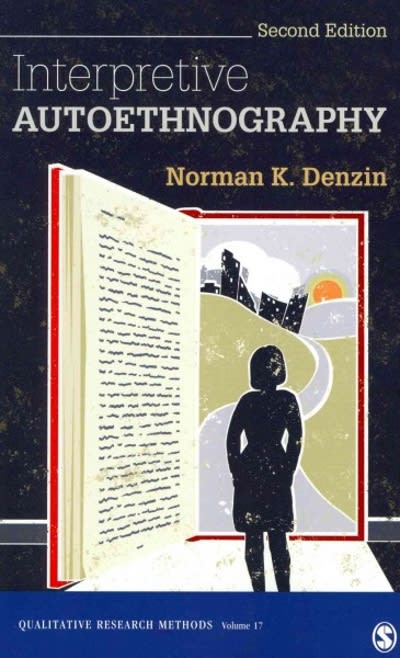Question
*I have provided both a Hot Topic article/link that I chose, as well as the TED talk video with Dr. Stuart Ablon* Hot Topic Article:
*I have provided both a "Hot Topic" article/link that I chose, as well as the TED talk video with Dr. Stuart Ablon*
Hot Topic Article: https://www.alfiekohn.org/article/rewards-25-years-later/
https://www.psychologytoday.com/us/blog/school-and-family-matters/201802/alternatives-punishment-and-rewards
TED talk with Dr. Stuart Ablon: https://youtu.be/zuoPZkFcLVs
"Prompt
In its most basic definition, the word discipline means "to teach." Unfortunately, the term discipline has come to mean something else over the years. Some may assume that, if corporal punishment is not used that means that there is no discipline taking place. The discussion of discipline in parenting has become a hot topic. The objective of this assignment is to consider what it is that we want "to teach" when it comes to discipline.
It is important to take a step back and examine the evidence in relation to this topic, despite what we may have learned in our own childhood about discipline or what forms of discipline we may have chosen to use with our own children when we became parents. This is an exercise in expanding our knowledge; looking critically at the research; and to come to an understanding of what is developmentally best for children at this age. Think about what it is that we are trying to teach children when it comes to discipline.
As you address the assignment prompts below, allow yourself to consider the various aspects of what the research is telling us; the developmental capacity of children at this age; and what it might take to consider that discipline could and should look different than what tradition has suggested over the years.
- Briefly share which article you chose to discuss.
- What information did you find compelling in the article or that surprised you? Offer two examples and discuss.
- What aspects of this article do you agree with and why, and what aspects do you question and why?
- How children are disciplined, tends to get handed down from one generation to the next. Discuss how changing approaches to discipline might be challenging for some parents?
- In the TedTalk, Dr. Stuart Ablon states that in his clinical experience, "children do well if they can." What does he mean by this in relation to a child's behavior?
- Dr. Ablon talks about three skills that children need help learning: problem solving, flexibility, and frustration tolerance. Discuss the importance of these three skills that Dr. Ablon thinks that we, the adults, must focus on to help children use, when they are struggling?
- How does Collaborative Problem Solving address discipline differently and how will that impact children at this stage of development? In what way does this have lasting effects for a child, well into adulthood?
- Compare and Contrast, Collaborative Problem Solving or Gentle Parenting with a traditional form of discipline like corporal punishment or time out or another one of your choosing. Please know that this is a "hot topic" for a reason. We all have our own experiences and thoughts on this issue. Please be cognizant of this and respond in your posts professionally and appropriately."
Step by Step Solution
There are 3 Steps involved in it
Step: 1

Get Instant Access to Expert-Tailored Solutions
See step-by-step solutions with expert insights and AI powered tools for academic success
Step: 2

Step: 3

Ace Your Homework with AI
Get the answers you need in no time with our AI-driven, step-by-step assistance
Get Started


